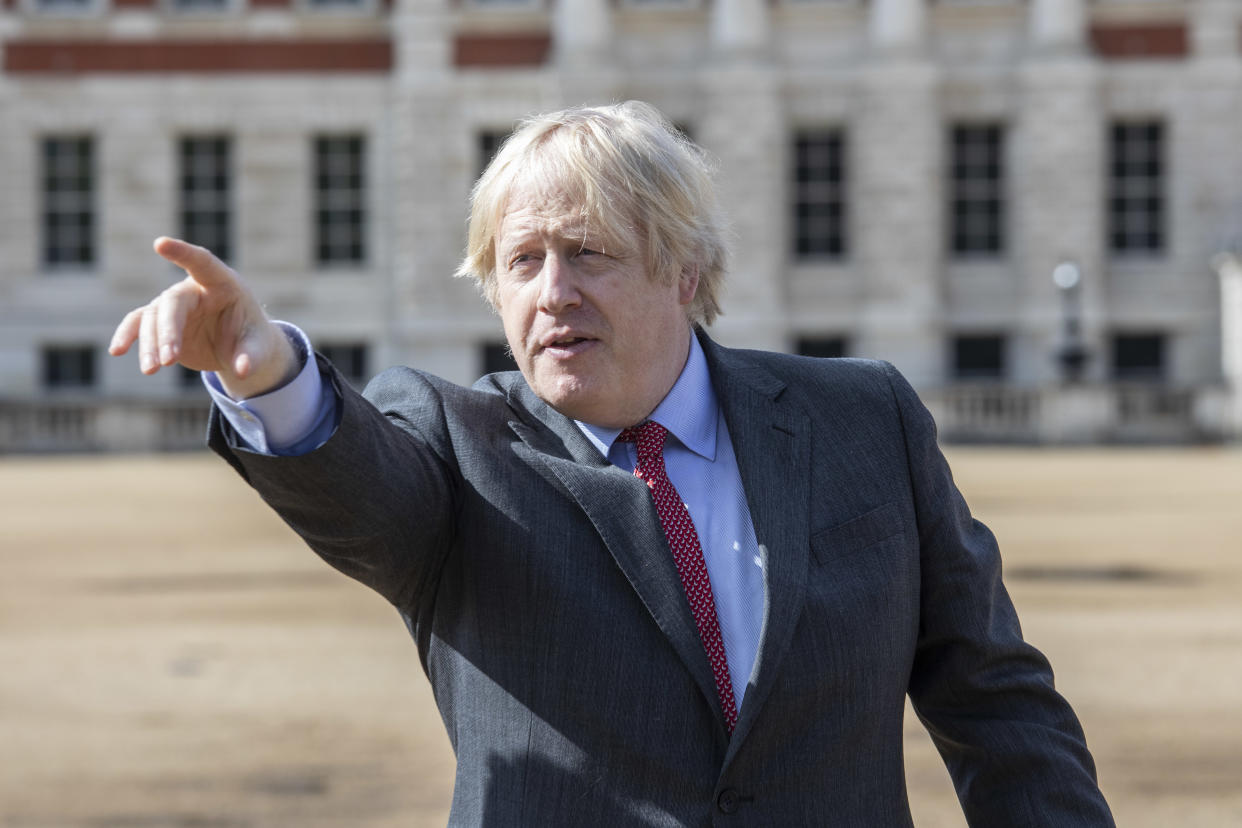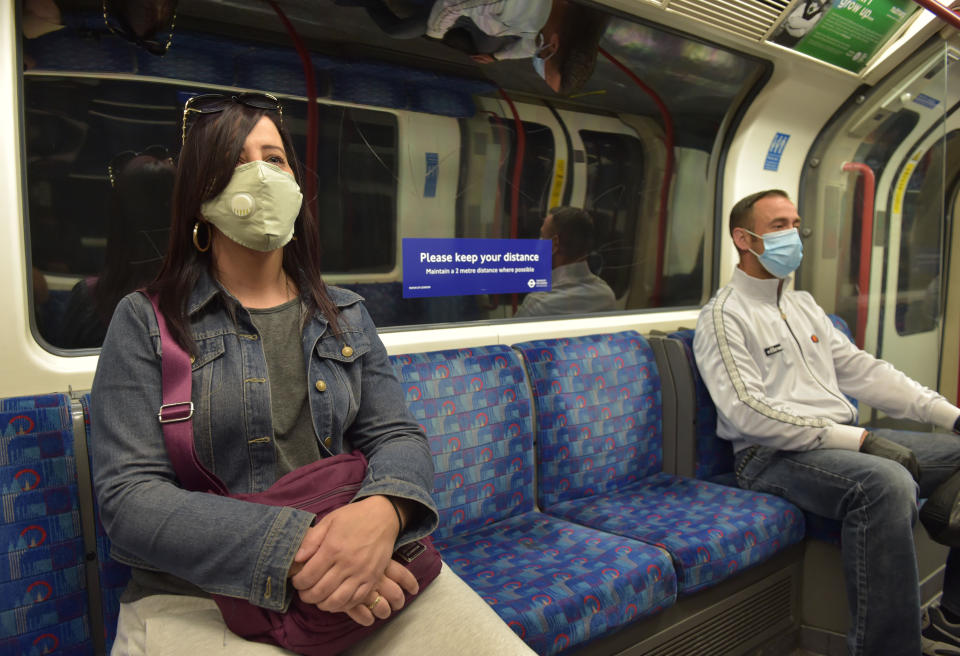Five times Boris Johnson has been forced to make embarrassing U-turns in just four weeks

“HOW MANY MORE CORONA FIASCOS?,” screamed the Daily Mail front page on Friday.
It was one of many critical headlines after Boris Johnson’s government ditched its heralded NHS contact tracing app, having been announced with great enthusiasm by health secretary Matt Hancock last month.
The Mail, usually loyal to the Conservative cause, said the government was leaving an “unenviable impression of lurching from crisis to crisis” during the coronavirus pandemic.
As the government downgraded the coronavirus threat level from four to three on Friday, Hancock insisted the UK was “getting back on her feet”.
Despite this, Number 10 continues to face questions about its handling of the pandemic, particularly in light of numerous backtracks on key policy areas.
Scientists have previously warned mixed messages could have a detrimental impact on the public’s adherence to lockdown rules, which could potentially make the prospect of a second peak of COVID-19 cases more likely.
The government’s own experts also stressed, at the start of the pandemic, the importance of clarity and specificity with regards to recommended behaviours.
Here are five times Boris Johnson’s government has U-turned in the past four weeks.
1. Contact tracing app
On 4 May, with the government having rejected a model offered by tech giants Apple and Google, Hancock announces it will launch its own coronavirus contact tracing app to let users know if they have been near someone with COVID-19. A trial is subsequently launched on the Isle of Wight.
On 20 May, Johnson promises a “world-beating” test, track and trace system will be in place by 1 June.
On 18 June, amid “technical challenges”, Hancock ditches the government app in favour of Apple and Google’s model. Hancock, whose Department of Health had previously said there would be no alternative app, defends the U-turn, saying: “What matters for me is what works, because what works is what will save lives.”
2. Free school meals
On 15 June, despite well-received campaigning by Manchester United and England footballer Marcus Rashford, Johnson’s spokesman says the government won’t be extending its free school meal voucher system for low-income families during the summer holidays.
On 16 June, Johnson reverses the decision as the government announces a £120 million “COVID Summer Food Fund”. The PM, after congratulating Rashford, says: “I do think it’s right that we should be looking after families of the most vulnerable and the neediest right now.”
3. Face coverings
On 4 February, four days after the UK’s first two COVID-19 cases are announced and 48 days before the lockdown is imposed, Johnson’s top scientists rule out advising the wearing of face coverings in public due to “limited or no evidence of the benefits”.
On 30 April, Johnson himself says face coverings could be useful for “epidemiological reasons”.
By 15 June, face coverings have become mandatory on all forms of public transport in England, despite the scientific consensus on their effectiveness remaining broadly the same as it had been three months earlier.

4. Contact tracing
On 12 March, the UK abandons its contact tracing programme. Johnson later says it was due to a lack of capacity.
On 28 May, amid a massive death toll and stricken economy, the government relaunches contact tracing with its new NHS Test and Trace system, for which 25,000 phone operatives have been recruited. It is subsequently hit by technical problems, while the government later admits a third of new cases weren’t contacted in the programme’s first week.
5. NHS surcharge
On 20 May, Johnson defends the £400 annual surcharge NHS and care workers from abroad have to pay to use the NHS themselves. He says: “I’ve been a personal beneficiary of carers who have come from abroad and frankly saved my life. On the other hand, we must look at the realities… those contributions actually help us to raise about £900 million.”
On 21 May, after pressure from Tory MPs, all NHS staff and care workers are removed from the surcharge.
Coronavirus: what happened today
Click here to sign up to the latest news, advice and information with our daily Catch-up newsletter
Read more about COVID-19
How to get a coronavirus test if you have symptoms
How easing of lockdown rules affects you
In pictures: How UK school classrooms could look in new normal
How public transport could look after lockdown
How our public spaces will change in the future
Help and advice
Read the full list of official FAQs here
10 tips from the NHS to help deal with anxiety
What to do if you think you have symptoms
How to get help if you've been furloughed

 Yahoo News
Yahoo News 

